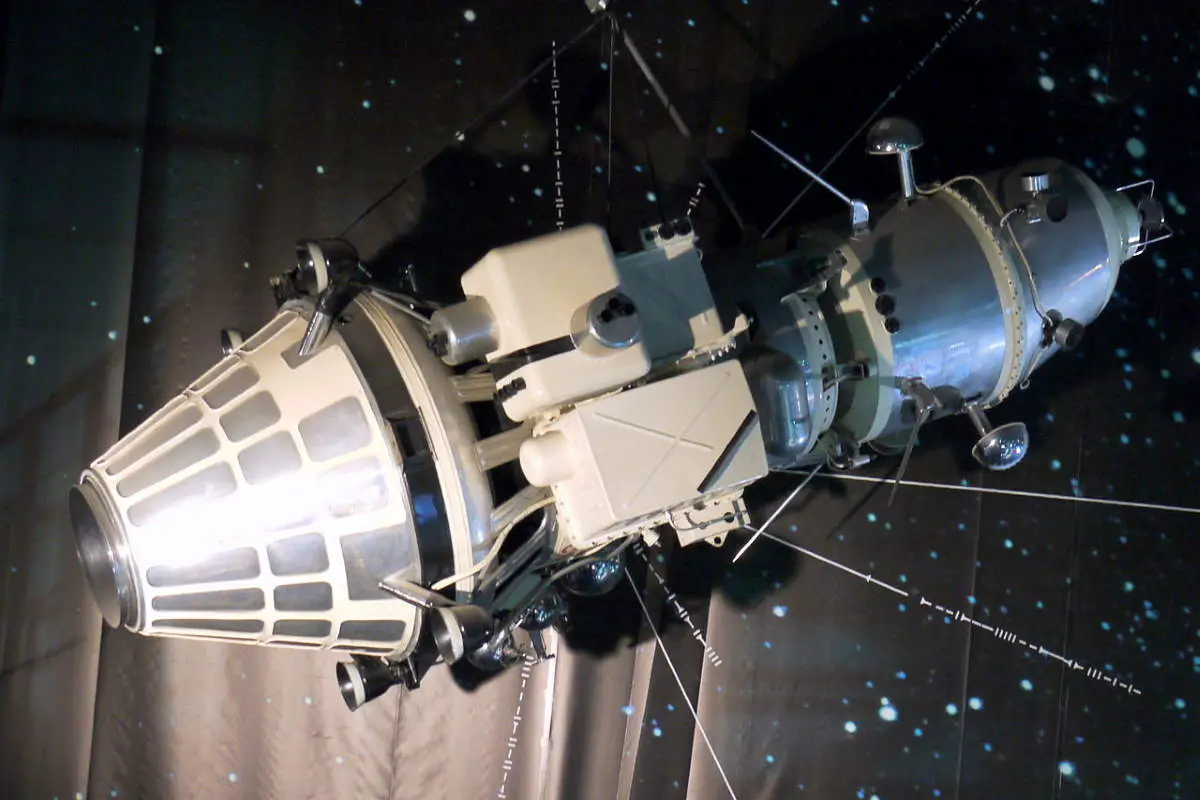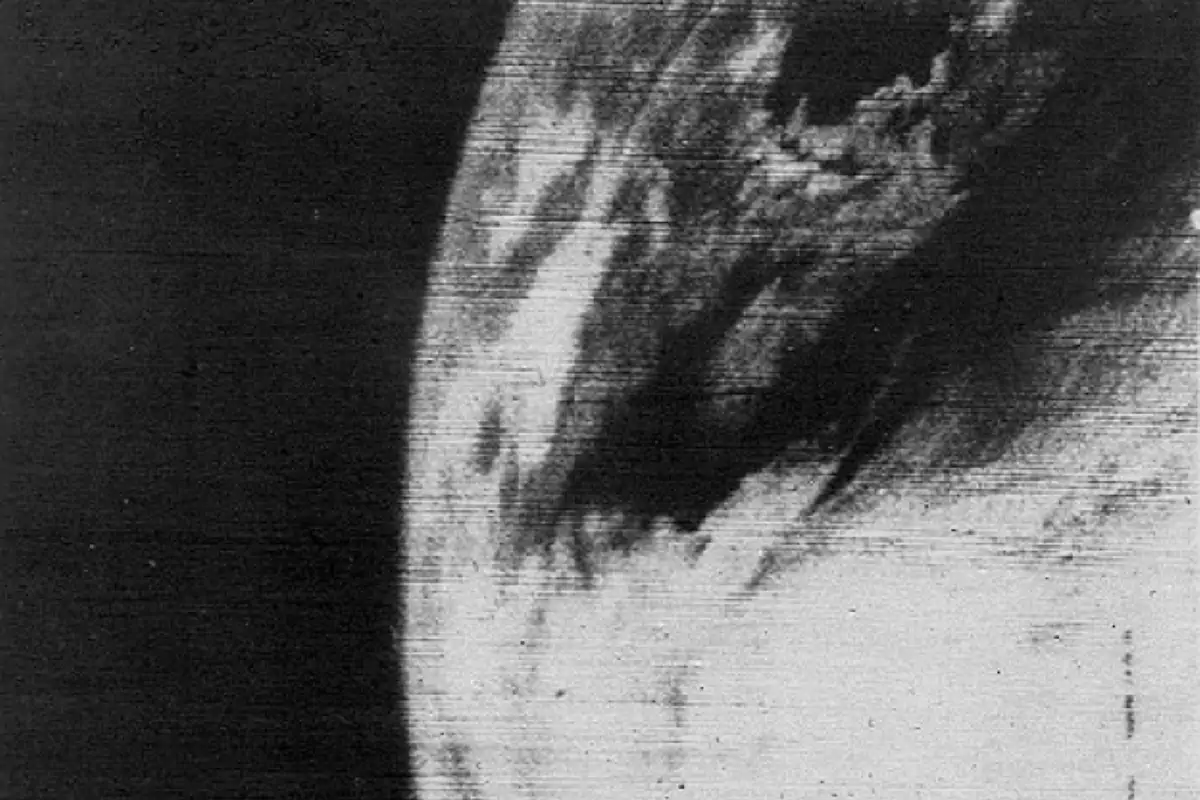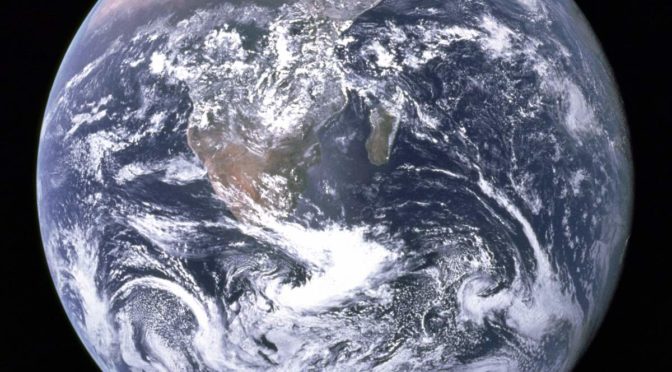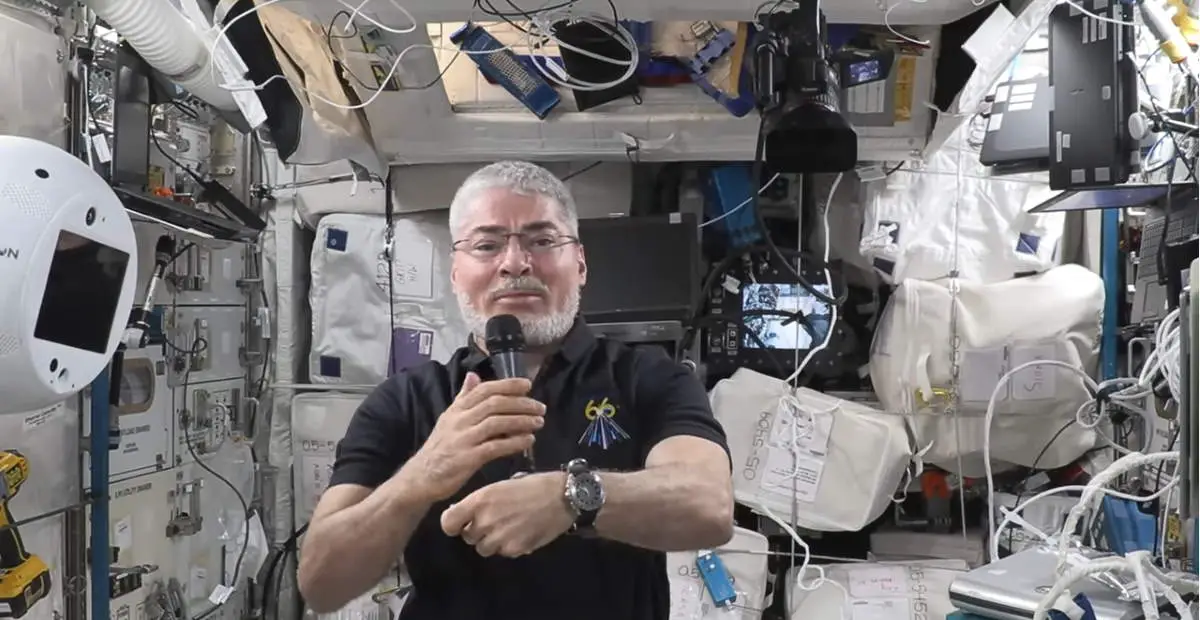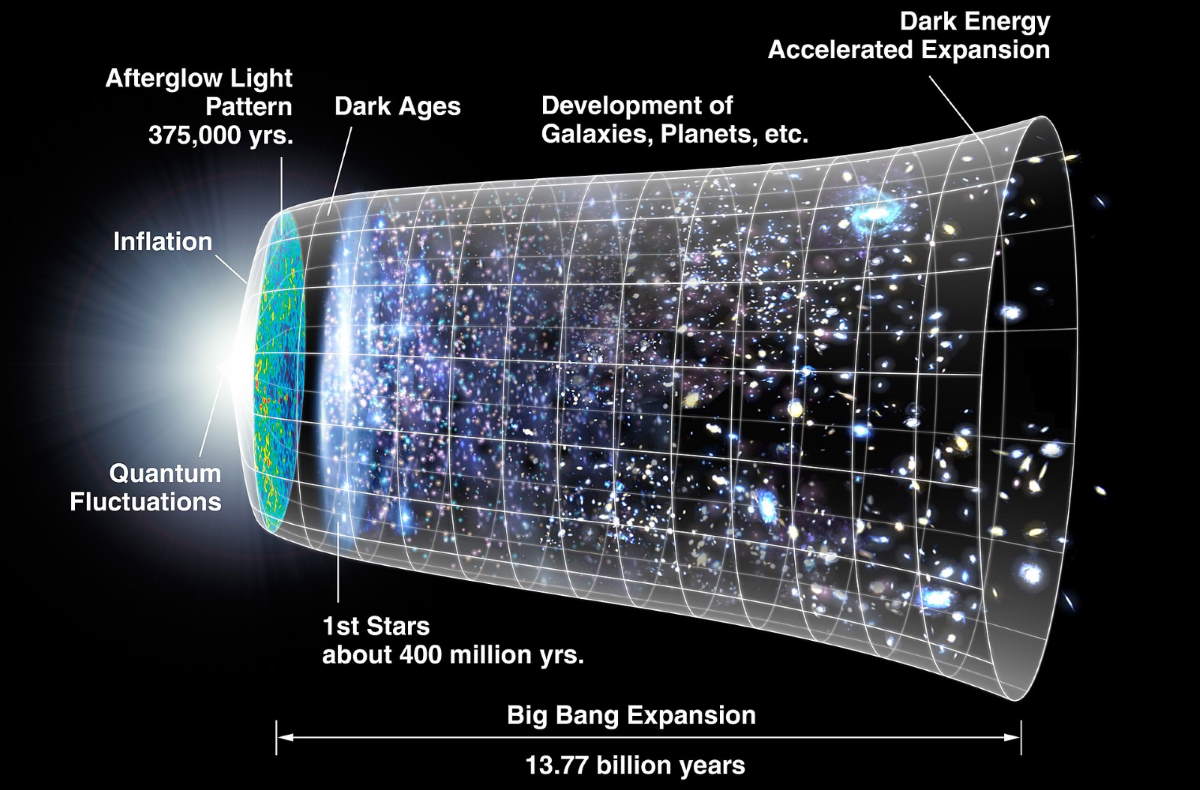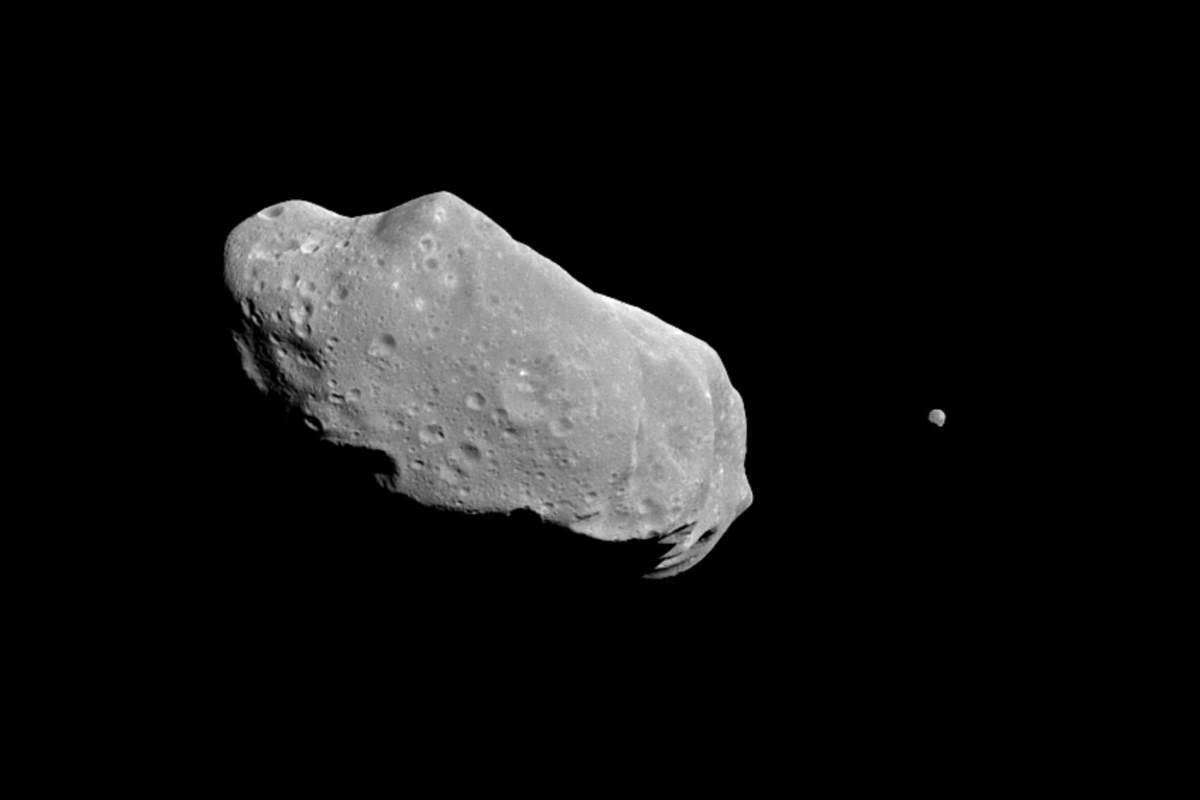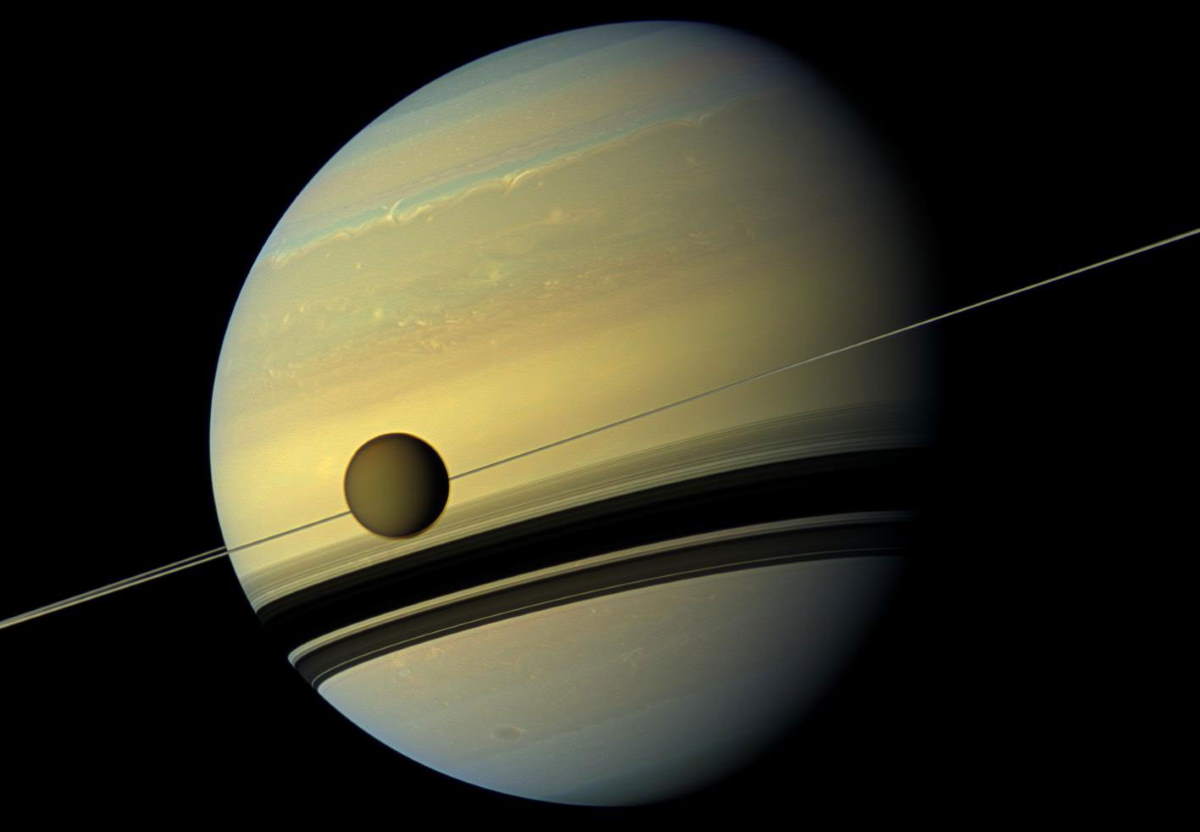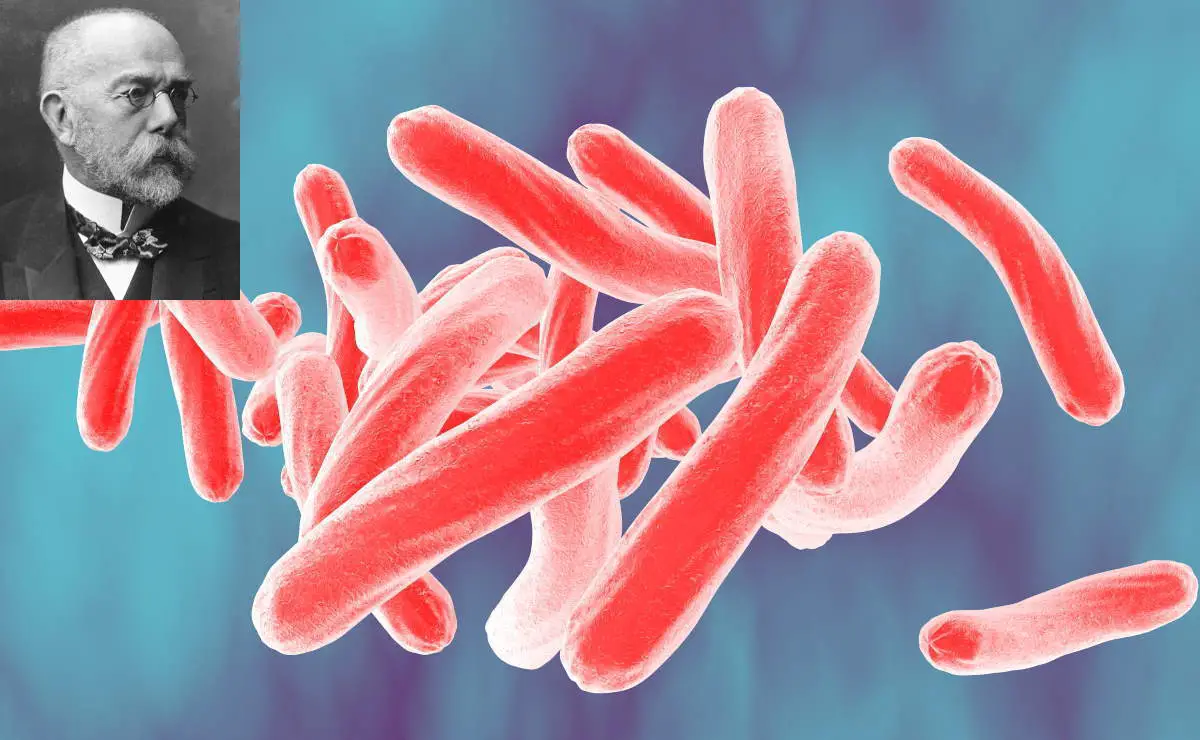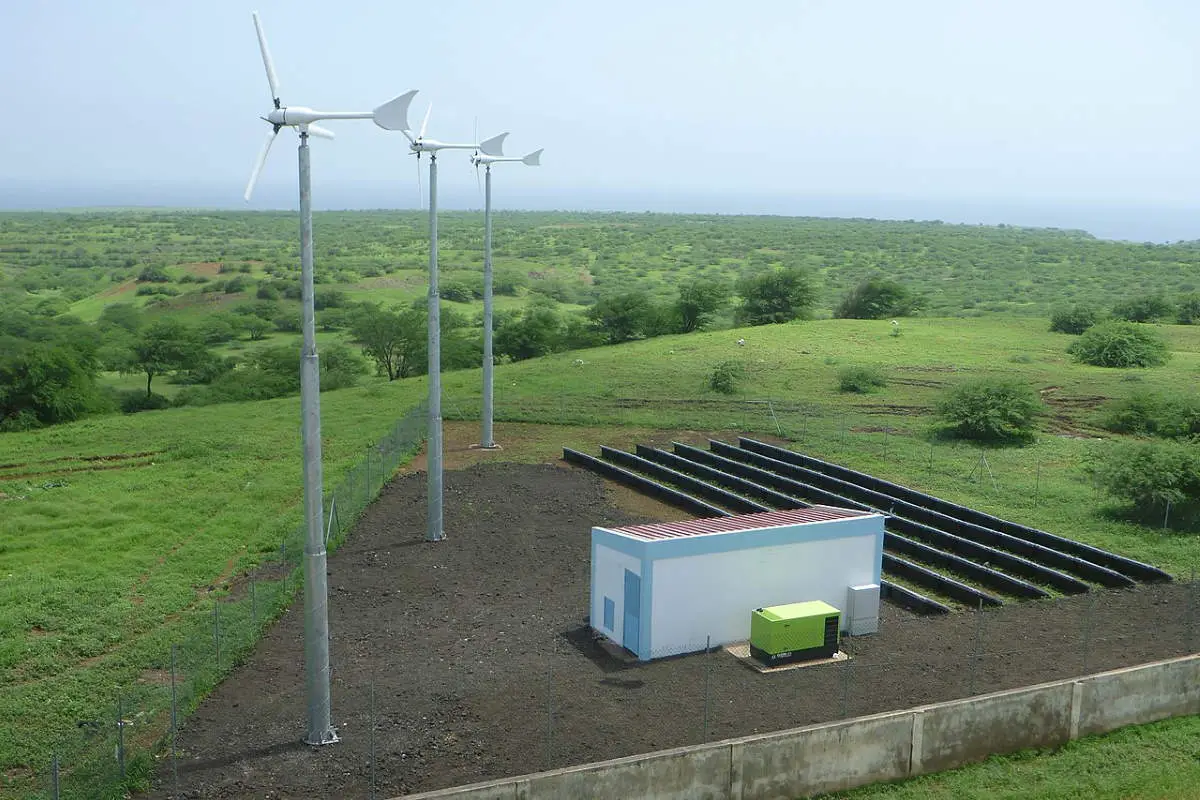Organic semiconductors form the cornerstone of modern technologies, powering the screens we use in many of our digital devices. On top of this, they are also key materials in organic solar cells and medical biosensing devices, amongst other innovative applications. Dr. Seyhan Salman and her colleagues at Clark Atlanta University have been investigating organic semiconductors using advanced computational methods. Through this, her team hopes to pave the way to developing even more impressive technologies, which will benefit society in myriad ways.
Continue reading “Advancing Organic Semiconductors through Computational Research”Luna 10 became the first artificial satellite to orbit another world [the Moon] on April 3, 1966
On April 3, 1966, Luna 10, a 1966 lunar robotic spacecraft in Soviet Union’s Luna Program (see notes 1) became the first artificial satellite to orbit another world the Moon.
Continue reading “Luna 10 became the first artificial satellite to orbit another world [the Moon] on April 3, 1966”The first television picture of Earth from space [April 1, 1960]
On April 1, 1960, NASA’s TIROS-1 (Television Infrared Observation Satellites-1), the first weather satellite was launched from Cape Kennedy and captured the first television picture of Earth from space.
Continue reading “The first television picture of Earth from space [April 1, 1960]”Life on Earth is the biggest fantasy, according to Terry Pratchett
A wonderful quote about Earth by the English humorist, satirist, and author of fantasy novels Terry Pratchett (28 April 1948 – 12 March 2015). Pratchett thinks life on Earth is the biggest fantasy and even he was a fantasy writer, he finds it hard to believe.
Continue reading “Life on Earth is the biggest fantasy, according to Terry Pratchett”Astronaut Mark Vande Hei answers social media questions about his record-breaking spaceflight
On March 30, 2020, NASA astronaut Mark Vande Hei returned to Earth after 355 days aboard the International Space Station (ISS). He broke the record for the longest spaceflight by an American astronaut. In a video published by the NASA Johnson channel, Vande Hei answers social media questions on March 10 and reflects on his record-breaking spaceflight.
Continue reading “Astronaut Mark Vande Hei answers social media questions about his record-breaking spaceflight”Fred Hoyle unintentionally coined the term “Big Bang” on March 28, 1949
On March 28, 1949, the English astronomer Sir Fred Hoyle (24 June 1915 – 20 August 2001) unintentionally coined the term “Big Bang”. In fact, Hoyle was thinking the idea that the universe had a beginning to be pseudoscience and he was arguing the universe as being in a “steady-state”.
Today’s (March 28) story of what happened this day in Science, Technology, Astronomy, and Space Exploration history.
Continue reading “Fred Hoyle unintentionally coined the term “Big Bang” on March 28, 1949″The first moon in orbit around an asteroid [243 Ida] was discovered on March 23, 1994
On March 23, 1994, a photo was released showing the first moon discovered be in orbit around an asteroid, 243 Ida.
Today’s (March 23) story of what happened this day in Science, Technology, Astronomy, and Space Exploration history.
Continue reading “The first moon in orbit around an asteroid [243 Ida] was discovered on March 23, 1994”Christiaan Huygens discovered Titan on March 25, 1655
On March 25, 1655, the Dutch mathematician, physicist, astronomer, and inventor Christiaan Huygens discovered Titan, Saturn’s largest moon and the second-largest natural satellite in the Solar System (after Jupiter’s Ganymede).
Today’s (March 25) story of what happened this day in Science, Technology, Astronomy, and Space Exploration history.
Continue reading “Christiaan Huygens discovered Titan on March 25, 1655”Robert Koch announced the discovery of the tuberculosis bacterium on March 24, 1882
On March 24, 1882, German physician and microbiologist Robert Koch (11 December 1843 – 27 May 1910) announced the discovery of the tuberculosis bacterium. since 1982, March 24 is commemorated by the World Health Organization (WHO) World Tuberculosis Day to raise public awareness.
Today’s (March 24) story of what happened this day in Science, Technology, Astronomy, and Space Exploration history.
Continue reading “Robert Koch announced the discovery of the tuberculosis bacterium on March 24, 1882”Inspiring Ways Microgrids are Used Around the World
A microgrid is a small power grid with its own control capabilities, meaning it can operate independently from large traditional grids. They act as energy-efficient alternatives to primary sources that power large land areas throughout the world and help give underprivileged populations access to electricity, air conditioning, and other utilities.
How do microgrids work, and how have we used them to create a better world? Here are the basics of microgrids and some inspiring examples of what they can do.
Continue reading “Inspiring Ways Microgrids are Used Around the World”
